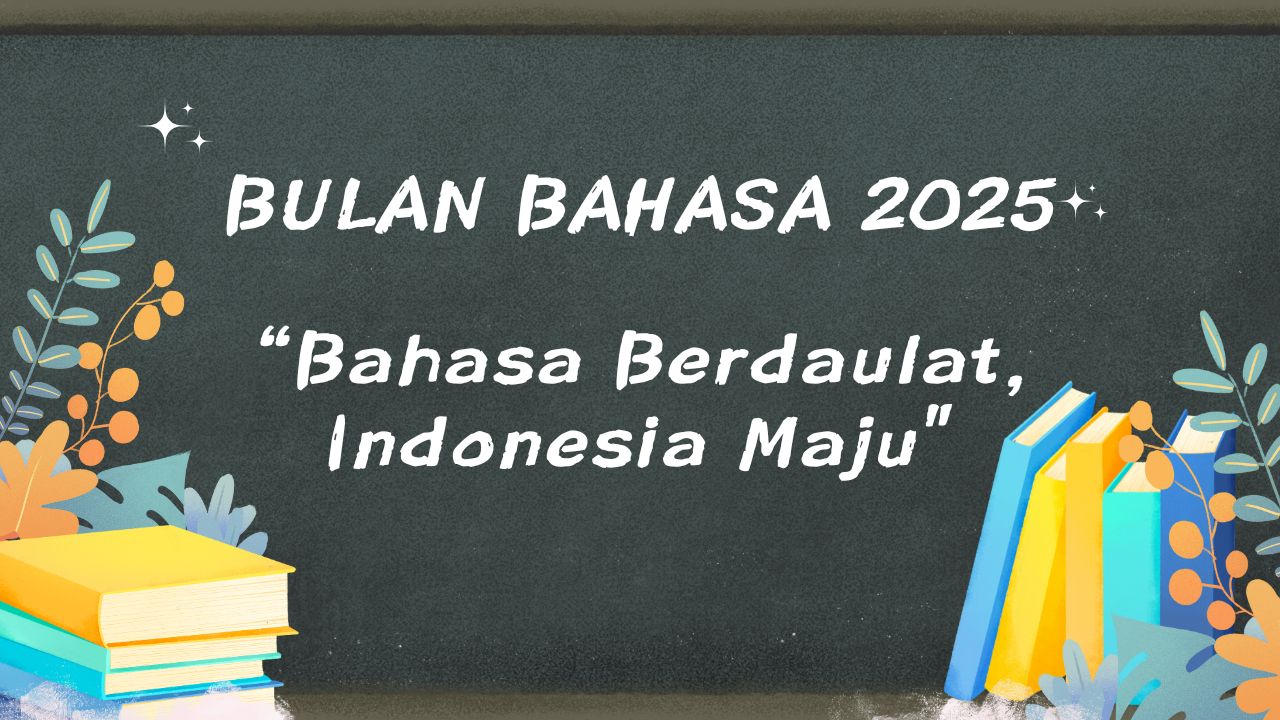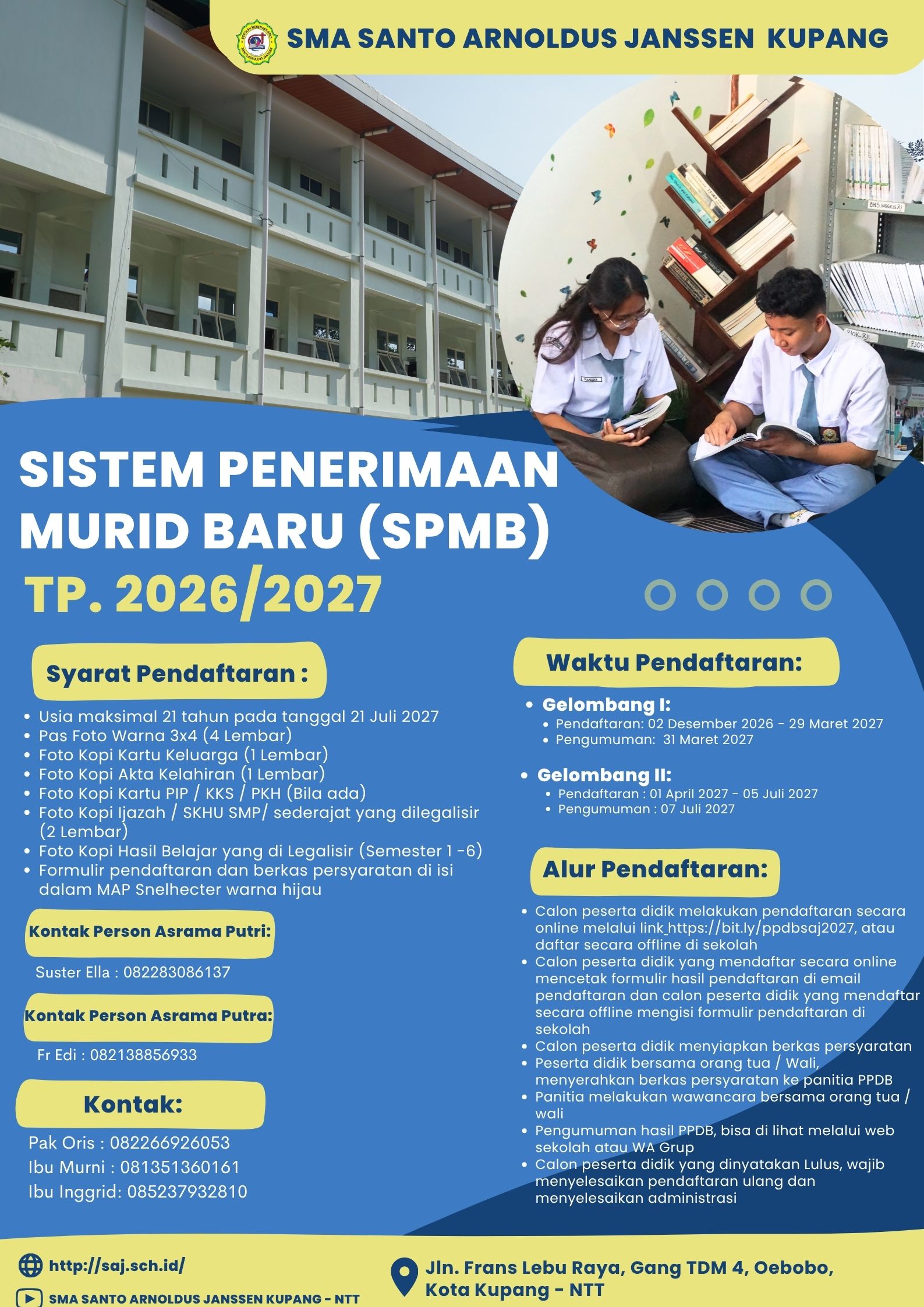Oleh: Valensia Queen Tiara Bere (XD)
Indonesia’s independence, proclaimed on August 17, 1945, was a historic milestone for our nation. However, the question that often arises is whether this independence has truly been realized in our daily lives, or whether it remains only symbolic—celebrated through flag ceremonies, annual commemorations, and patriotic slogans.
From a political perspective, Indonesia is indeed free. We have the right to determine our system of government, elect leaders, and run a democracy without direct interference from foreign powers. Yet, true independence should not only be measured in terms of politics, but also in economics, education, social welfare, and culture.
In the economic sector, for instance, we still rely heavily on imported goods and foreign investments. Much of our natural wealth is managed by international companies, meaning its benefits are not fully enjoyed by our people. In education, many Indonesian children still struggle to access quality learning due to financial or infrastructural limitations. Socially and culturally, we continue to face challenges such as intolerance, inequality, and a lack of unity.
Therefore, the independence we enjoy today is real, but not yet fully experienced equally by all citizens. Independence should mean more than freedom from physical colonization; it should also represent the ability to stand on our own, achieve economic sovereignty, uphold social justice, and ensure prosperity and education for all.
In conclusion, our independence risks becoming merely symbolic if it is understood only as an annual celebration without meaningful progress in various aspects of national life. The responsibility of today’s and future generations is to ensure that independence carries true meaning—bringing welfare, justice, and self-reliance to the entire nation of Indonesia.












